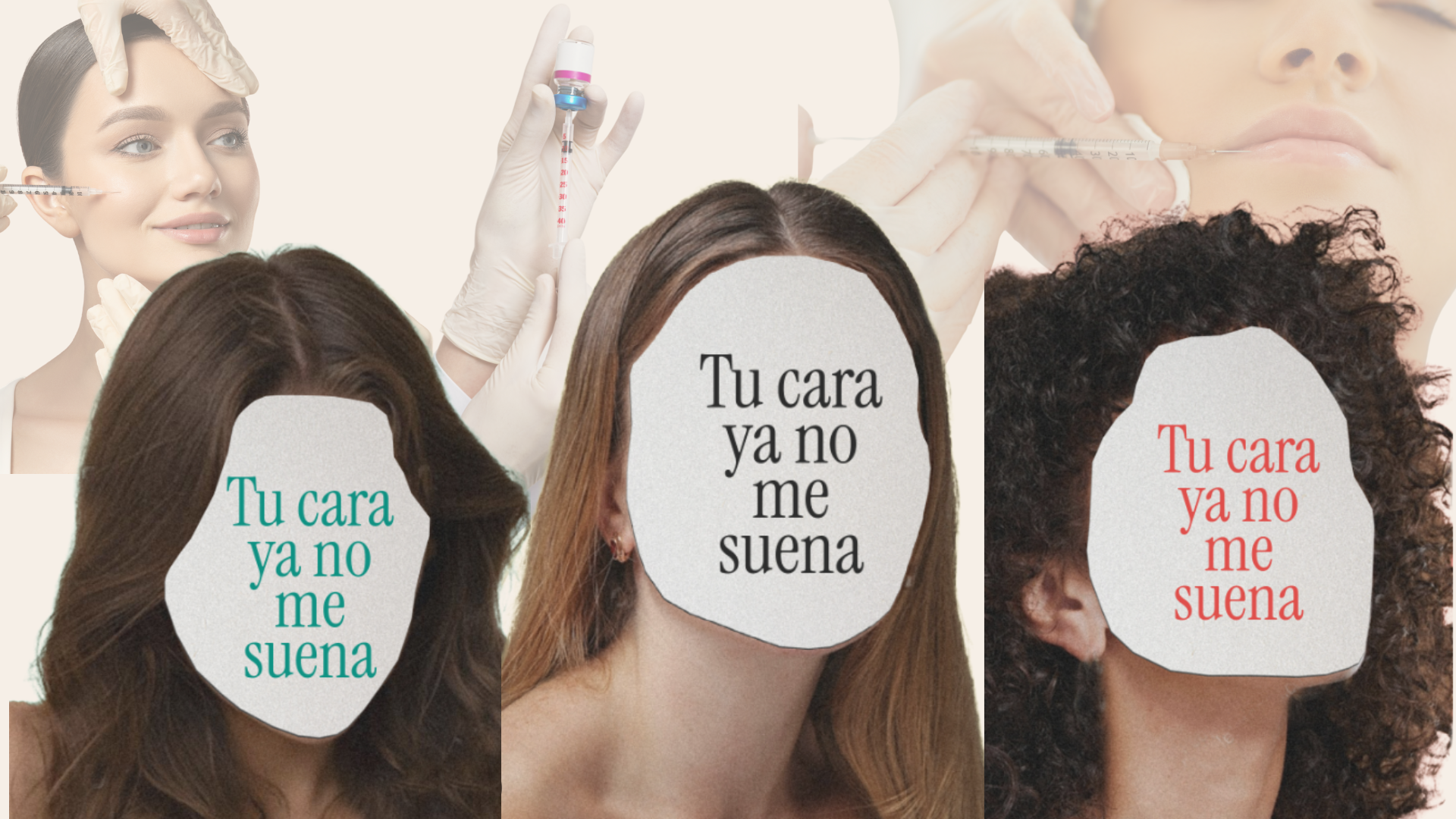The Spanish Society of Aesthetic Medicine (SEME) has launched an informative campaign 'Your face no longer sounds me'. As it has shared Servimedia, this inciativa informative search show to the citizens the differences among the medical procedures of the aesthetic and identify the bad practical and take decisions to protect so much the beauty like the health.
47% of the population has undergone some medical-aesthetic technique and 65% of treatments are carried out by unqualified professionals
As indicated by SEME in its own study, 47% of the population has undergone some medical-aesthetic technique at some time. From this analysis, it has been determined that 65% of medical-aesthetic treatments are carried out by unqualified professionals, and 20% of them have been performed in unsuitable and unregulated places (centres without accreditation, hairdressing salons or homes).
22% of the Spanish population does not know exactly what aesthetic medicine is and only 7% of those interviewed knew that procedures such as the infiltration of neuromodulators or lasers are exclusively for medical use.
The SEME warns that all aesthetic procedures should be perceived as something that also affects health and not downplay their importance, a behaviour that occurs through social networks: ‘many of these contents portray medical procedures as simple and harmless but the reality is that, applied by the wrong hands, they jeopardise patient safety,’ explains the president of the Spanish Society of Aesthetic Medicine, Dr Juan Antonio López López-Pitalúa. ‘Misinformation has encouraged the trivialisation of a medical discipline, contributing to the widespread idea that procedures such as infiltrations, lasers or radiofrequency are similar to a massage or facial cleansing,’ adds the second vice-president of the SEME.
As part of the initiative, which is especially focused on young people and is adapted in language, the SEME has shared some of the ‘red flags’ that should be detected before undergoing any procedure:
- ‘I'll prick you at home. It only takes two minutes’. The association warns that these practices must be carried out in centres authorised by the Regional Ministry of Health.
- ‘I was already pricking when doctors were studying’, from which they point out that only doctors can diagnose and apply aesthetic medicine procedures.
- ‘Quantity is not a problem, the material is reabsorbed": aesthetic medicine carries the word medicine because a doctor can minimise the possible risks associated with it.
And like this, it shares other affirmations that can be considered as 'alarms'.
This becomes a new attempt by the Spanish Society of Aesthetic Medicine to fight against labour intrusion and malpractice that exists in the sector within the country. According to the Spanish Association of Cosmetic Surgery, cosmetic surgeries increased by 5.5% in 2023, with more than 15.8 million procedures performed by plastic surgeons and 19.1 non-surgical procedures, with liposuction being the most demanded operation among women and blepharoplasty the most demanded among men.
